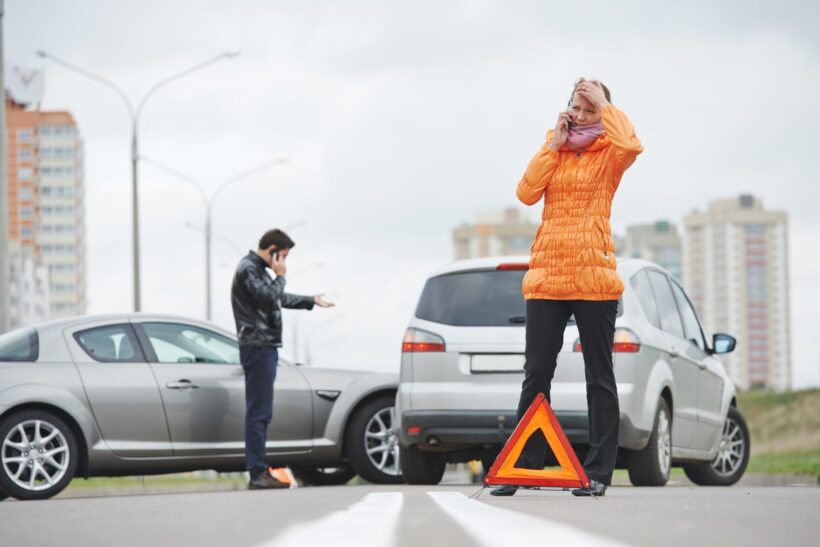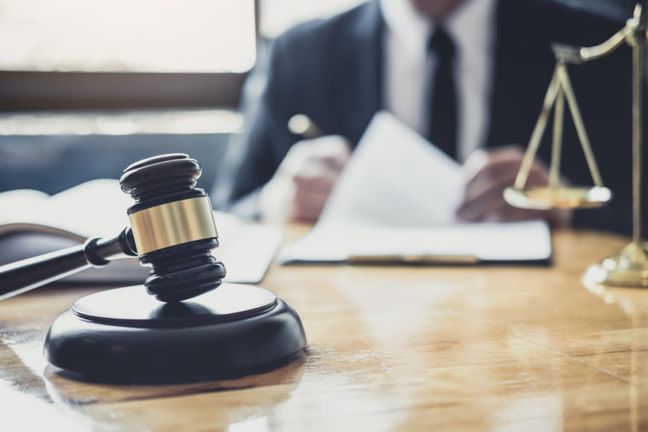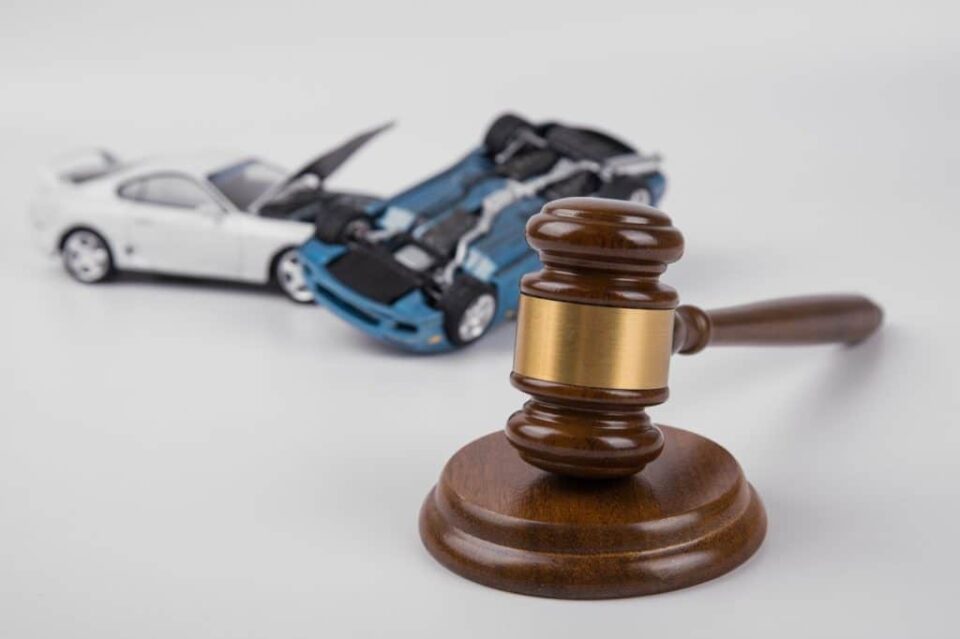Accidents can happen at any time and in any location, leaving people with a wide variety of legal and financial challenges. In the state of Colorado, like in many other regions of the country and the world, accident laws play a crucial role in determining how victims can seek compensation, hold offenders accountable, and navigate the complex legal system. This comprehensive guide makes an effort to explain the complexities of the accident legislation in Colorado so that individuals are better aware about the rights and responsibilities that pertain to them in the case of an accident.
If you are among those who had an unfortunate car collision in Colorado, then you can look for any reputable auto body shop in Boston, or other major cities in Colorado.

I. Accidents That Colorado Law Covers
The laws governing accidents in Colorado apply to a variety of situations, including but not limited to:
- The state of Colorado has a “fault” system for determining liability in car accidents. This means that the driver who was at fault for the accident is the one responsible for paying for any damages. There are two different routes that victims can take in order to receive compensation: they can either sue the party who was at fault or use their own insurance.
- Accidents Involving Trucks As a result of their size and weight, commercial vehicles are regularly involved in collisions that result in significant injuries. Accidents involving commercial vehicles are subject to additional regulations in the state of Colorado. Determining who is at fault for an accident involving a commercial vehicle may include more than one party, including the driver, the trucking company, and the manufacturer.
- Accidents involving motorcyclists Motorcyclists are more susceptible to injury than other drivers on the road, and the law in Colorado ensures that they have the right to seek compensation in the event that the accident was caused by the negligence of another party.
- Accidents involving bicycles and pedestrians: Since Colorado has taken measures to safeguard these people’s rights, it is crucial to know the laws that are relevant to these cases, particularly when deciding liability.
- Luxury limousine service providers have a different law compared to personal vehicles.
- Property owners have a responsibility to keep their properties secure for visitors. The victim of an accident brought on by careless property upkeep may be entitled to compensation.
- Accidents involving a slip and fall: These incidents fall under premises responsibility and take place when someone is hurt as a result of a dangerous situation on another person’s property.
- Medical malpractice: Colorado law enables victims to take legal action against the negligent party when medical personnel fail to provide the standard of care, harming the patient.
2. Colorado’s Comparative Negligence

To be eligible to bring a claim for compensation under Colorado’s modified comparative negligence legislation, the party who was injured must have contributed no more than fifty percent of the total fault for the accident in order to qualify. However, the amount of compensation would be reduced if the party who was hurt was also partially responsible for the accident. If the total damages are $100,000 and the court determines that the party who was hurt was 20% responsible for the incident, then the court will award the injured party $80,000 ($100,000 minus 20% = $80,000).
3. Statute of Limitations, third
A thorough understanding of the Colorado personal injury statute of limitations is required prior to the filing of a claim in the state. The majority of personal injury cases, including those involving auto accidents, have a statute of limitations that is normally set at two years from the date of the accident. If you do not comply with this deadline, you run the danger of being unable to file a lawsuit and being awarded compensation for your losses.
4. Colorado’s No-Fault Insurance

In the state of Colorado, there is no provision for no-fault insurance. On the other hand, it is founded on the tort system, which states that the party that was at fault is the one who is primarily responsible for paying for any losses that have occurred as a result of their actions. However, according to Colorado law, all drivers are required to carry a certain minimum level of liability insurance that covers both personal injury and property damage.
5. Compensation offered
Accident victims in Colorado may be eligible for a variety of forms of compensation, including:
- Medical costs: These cover admission fees, anesthesia, prescription drugs, rehabilitation, and ongoing care connected to the injury.
- Lost Wages: If an injury requires time away from work, the victim may be entitled to compensation for their lost wages and diminished earning potential.
- Non-economic damages including emotional distress, bodily suffering, and a lower quality of life may also be covered by insurance.
- Property Damage: Damaged property, such as vehicles, may be compensated for repair or replacement.
- Wrongful Death: If a deadly accident occurs, the surviving family members may be entitled to financial support through a wrongful death lawsuit.
6. Obtaining Legal Counsel

Understanding Colorado’s accident standards can be challenging and perplexing, especially when one is already suffering with the physical and mental burden of having been injured. It is highly recommended that you consult with an experienced personal injury attorney about your case. An attorney is able to guide you through the process of gathering evidence, negotiate with insurance companies on your behalf, evaluate the legitimacy of your claim, and even represent you in court if necessary.
In conclusion, the rules that regulate accidents in Colorado include a wide number of scenarios, each of which has its own distinct set of principles. It is necessary for everybody who finds themselves in a precarious situation to have an understanding of these regulations. When people are aware of their rights and responsibilities, they are better equipped to make astute choices and put out the required efforts to achieve the financial compensation that they justifiably merit. Keep in mind that your chances of succeeding in the lawsuit you’ve filed following the accident will improve significantly if you seek the advice of an experienced attorney.

